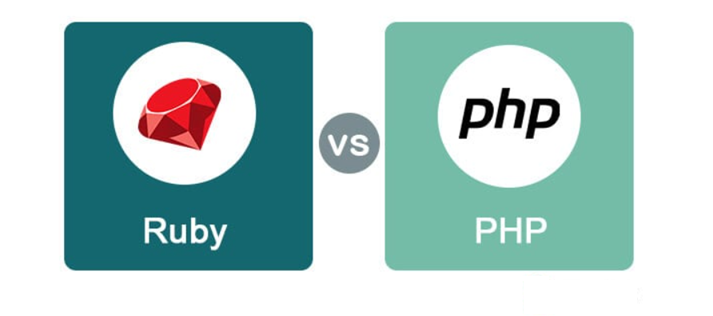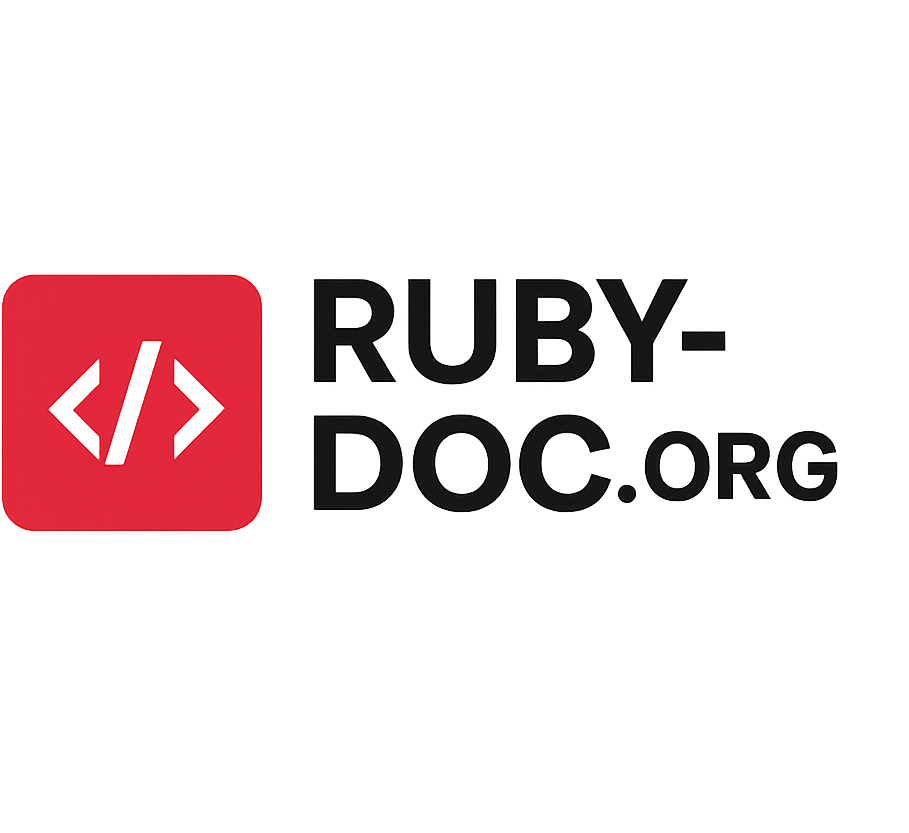
In the world of web development, choosing the right programming language is often a pivotal decision that can impact performance, scalability, developer productivity, and long-term maintainability. Among the many options available, Ruby and PHP remain two prominent choices, especially for backend development. While both are server-side languages used to build dynamic websites and applications, they differ significantly in design philosophy, syntax, performance, community, and use cases. In this detailed guide, we’ll dive deep into Ruby vs PHP, comparing them across various dimensions to help developers, startups, and businesses make an informed decision based on their specific project needs.
Table of Contents – Ruby vs PHP
- Introduction to Ruby and PHP
- History and Philosophy
- Syntax and Ease of Use
- Performance and Speed
- Framework Ecosystem
- Community and Support
- Tooling and Ecosystem
- Scalability and Maintainability
- Security
- Use Cases and Real-World Applications
- Job Market and Developer Salaries
- Pros and Cons Summary
- Conclusion: Which Should You Choose?
1. Introduction to Ruby and PHP
Before we pit Ruby vs PHP, it’s important to understand what each language is and where it shines.
What is Ruby?
Ruby is a high-level, general-purpose programming language created by Yukihiro Matsumoto in 1995. It is object-oriented, dynamic, and designed with simplicity and productivity in mind. Ruby became especially popular thanks to the Ruby on Rails framework, which revolutionized web application development in the 2000s.
What is PHP?
PHP (Hypertext Preprocessor) is a server-side scripting language created by Rasmus Lerdorf in 1994. Initially designed for creating dynamic web pages, PHP has grown into a full-fledged programming language that powers over 75% of the web, including giants like Facebook, WordPress, and Wikipedia.
2. History and Philosophy
Ruby Philosophy
Ruby follows the “principle of least surprise”, aiming to make code as intuitive and elegant as possible. It emphasizes developer happiness, offering clean and expressive syntax that mimics natural language. Ruby is purely object-oriented — everything is an object, even numbers and booleans.
PHP Philosophy
PHP was built with practicality and speed in mind. Its original purpose was to make it easier to build dynamic websites by embedding logic within HTML. While PHP has evolved into a powerful language, its growth has been more pragmatic than philosophical, leading to some inconsistency in its early syntax and structure.
3. Syntax and Ease of Use
Ruby Syntax
Ruby is famous for its readable, elegant syntax:
rubyCopyEdit5.times do
puts "Hello, world!"
end
The code is concise and expressive, resembling English sentences. It supports blocks, closures, and functional programming patterns.
PHP Syntax
PHP’s syntax is more C-style and can sometimes feel verbose:
phpCopyEditfor ($i = 0; $i < 5; $i++) {
echo "Hello, world!\n";
}
PHP has improved significantly over the years (especially with PHP 7 and 8), but its syntax is still less intuitive compared to Ruby.
Verdict: If readability and elegance are your priorities, Ruby wins. For developers coming from C, Java, or JavaScript, PHP may feel more familiar.
4. Performance and Speed
Performance is a crucial factor in web development, especially for high-traffic applications.
PHP Performance
PHP 7 introduced major performance improvements. It can execute code much faster than its predecessors and has a low memory footprint. Combined with OPcache, PHP applications can achieve high throughput.
Ruby Performance
Ruby, particularly with Rails, is often slower than PHP. Although recent versions (especially Ruby 3) have made strides in improving speed, it still lags behind PHP in raw performance benchmarks.
Verdict: In most benchmarks, PHP outperforms Ruby, especially in CPU-bound or high-request environments.
5. Framework Ecosystem
Ruby on Rails
Rails is one of the most influential frameworks in web development. It introduced concepts like convention over configuration, RESTful design, and scaffolding. It’s ideal for rapid application development and has excellent built-in features.
PHP Frameworks
PHP has a wide array of mature frameworks:
- Laravel – Clean syntax, Eloquent ORM, blade templating.
- Symfony – Highly modular and enterprise-friendly.
- CodeIgniter, Yii, and Zend – Also widely used.
Laravel, in particular, is often seen as PHP’s answer to Rails, offering elegant code and developer-friendly features.
Verdict: Ruby on Rails remains a gold standard for rapid development, but Laravel gives PHP a strong edge. This is a close call.
6. Community and Support
Both languages have large, active communities.
Ruby Community
Ruby’s community is known for being friendly, helpful, and very focused on developer happiness. The ecosystem is well-documented, and gems (Ruby libraries) are robust and easy to use.
PHP Community
PHP has a massive community — after all, it powers most of the web. The documentation is comprehensive, and the number of Stack Overflow answers is immense. That said, the community can sometimes feel fragmented due to the many frameworks and CMS platforms.
Verdict: PHP has a larger user base and broader community, but Ruby’s community is often praised for its quality and supportiveness.
7. Tooling and Ecosystem
Ruby Tooling
Ruby has tools like:
- Bundler – Dependency management
- Rake – Build automation
- IRB – Interactive shell
- RSpec – BDD testing framework
PHP Tooling
PHP’s ecosystem has improved vastly with tools like:
- Composer – Dependency management
- PHPUnit – Testing framework
- Laravel Artisan – Command-line interface
- Xdebug – Debugging and profiling
Verdict: Both ecosystems are mature, but PHP has caught up significantly in tooling, making this a tie.
8. Scalability and Maintainability
Ruby Scalability
While Rails applications can scale, they require architectural planning. Scaling Rails often involves background jobs, service-oriented architecture, and caching strategies (e.g., Redis, Sidekiq).
PHP Scalability
PHP is stateless, which makes it easy to scale horizontally. Frameworks like Laravel can scale effectively with the right infrastructure (e.g., queues, caching, microservices).
Verdict: PHP offers easier out-of-the-box scalability, though Ruby can scale just as well with planning.
9. Security
Security is essential for any web application.
Ruby Security
Rails comes with built-in protections against:
- SQL injection
- Cross-site scripting (XSS)
- Cross-site request forgery (CSRF)
Rails encourages secure defaults.
PHP Security
PHP has a history of poor security practices, especially in its early years. However, modern frameworks like Laravel follow strong security principles and offer built-in tools for hashing, validation, and CSRF/XSS protection.
Verdict: Both languages offer strong security if you use modern frameworks and follow best practices.
10. Use Cases and Real-World Applications
Ruby Use Cases
- Web apps with fast prototyping needs
- MVPs and startups
- Internal tools and dashboards
- Complex business logic
Famous Ruby Apps:
- GitHub
- Shopify
- Basecamp
- Airbnb (early)
PHP Use Cases
- CMS development
- eCommerce platforms
- High-traffic websites
- Server-side rendering
Famous PHP Apps:
- Facebook (early)
- WordPress
- Wikipedia
- Slack (backend services)
Verdict: Use Ruby when rapid development and elegance are key. Choose PHP when integrating with CMSs or needing sheer speed and hosting compatibility.
11. Job Market and Developer Salaries – Ruby vs PHP
Ruby Jobs
Ruby jobs are typically found in startups and tech companies using Rails. While there are fewer positions than PHP, salaries are generally higher due to demand-supply imbalance.
PHP Jobs
PHP developers are in high demand, especially for maintaining existing WordPress and Laravel projects. Job availability is broader, especially in small- to medium-sized companies.
Verdict: PHP offers more job openings. Ruby offers higher pay but fewer opportunities.
12. Pros and Cons Summary
| Feature | Ruby | PHP |
|---|---|---|
| Syntax | Elegant, concise | Verbose, familiar |
| Performance | Slower | Faster |
| Framework | Rails | Laravel, Symfony |
| Community | Smaller, passionate | Larger, diverse |
| Scalability | Needs planning | Easier horizontal scaling |
| Security | Strong defaults | Strong with frameworks |
| Hosting | Fewer shared hosts | Widely supported |
| Learning Curve | Steeper initially | Easier to start |
| Jobs | Fewer, higher pay | Abundant, varied |
| Ecosystem | Well-rounded | Massive |
13. Which Should You Choose?
The Ruby vs PHP debate doesn’t have a one-size-fits-all answer. Both languages are powerful and capable of building modern web applications. Your choice should depend on your specific goals, project size, team expertise, and long-term vision.
Choose Ruby if:
- You want rapid development with a focus on developer happiness
- You are building an MVP or startup product
- You prefer elegant syntax and maintainability
Choose PHP if:
- You need speed and performance
- You want to integrate with WordPress or existing CMS platforms
- You want wider hosting options and a massive developer base
In the end, both Ruby and PHP have stood the test of time. Whether you opt for the expressiveness of Ruby or the ubiquity and speed of PHP, you can build secure, scalable, and successful web applications.
Read our Ruby vs Ruby on Rails and Ruby vs Javascript articles.
